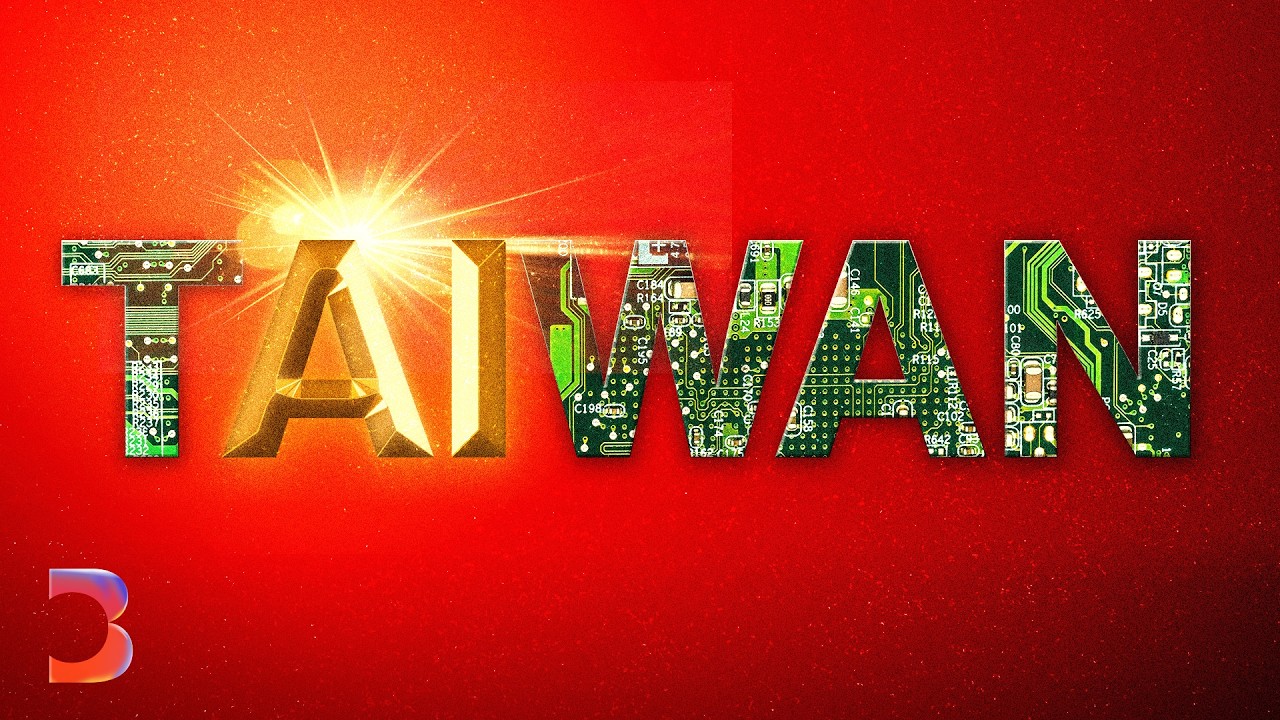The video emphasizes Taiwan’s crucial role in the global semiconductor industry, particularly for AI technology, as it produces 90% of the world’s advanced semiconductors, with companies like Nvidia relying on Taiwanese manufacturing. It also highlights the geopolitical tensions surrounding Taiwan, noting that any conflict could disrupt the semiconductor supply chain and significantly impact the future of AI and global stability.
The video discusses the critical role Taiwan plays in the global semiconductor industry, particularly in the context of artificial intelligence (AI). It highlights that 90% of the world’s most advanced semiconductors are produced in Taiwan, making it the epicenter of AI technology. Companies like Nvidia rely on Taiwanese manufacturing for their AI chips, emphasizing that without Taiwan, the advancement of AI would be severely hindered. The video underscores that Taiwan is not just a microchip factory but a vital component of the broader AI ecosystem.
Historically, Taiwan transformed its image from a producer of cheap toys to a leader in high-tech manufacturing through significant government investment in the semiconductor industry during the 1980s. This investment fostered a skilled workforce in STEM fields, leading to the establishment of the Taiwan Semiconductor Manufacturing Company (TSMC), which has become a global leader in chip production. TSMC’s partnership with Nvidia has been instrumental in creating the infrastructure necessary for AI development.
The video also delves into the supply chain dynamics of AI servers, detailing the components involved, such as chips, motherboards, and cooling systems. Taiwanese companies have adapted to the growing demands of AI technology, with firms like ABC specializing in innovative cooling solutions. As AI servers become more prevalent, the shift from traditional air cooling to liquid cooling is expected to increase, highlighting the importance of these lesser-known companies in the AI revolution.
The geopolitical landscape adds another layer of complexity, as China views Taiwan as part of its territory and has increased military assertiveness in the region. The video notes that the U.S.-China tech rivalry has led to restrictions on AI chip exports to China, resulting in a shift of manufacturing to Taiwan. This situation raises concerns about the security of Taiwan, as any conflict could disrupt the semiconductor supply chain and have catastrophic effects on the global economy.
To mitigate risks, Taiwanese companies are diversifying their manufacturing operations to other regions, such as Mexico and Southeast Asia, while TSMC is expanding its facilities in the U.S. and Europe. Despite these efforts, the video concludes that replicating Taiwan’s semiconductor manufacturing capabilities elsewhere will take time, and the future of AI and global stability remains closely tied to Taiwan’s security.
